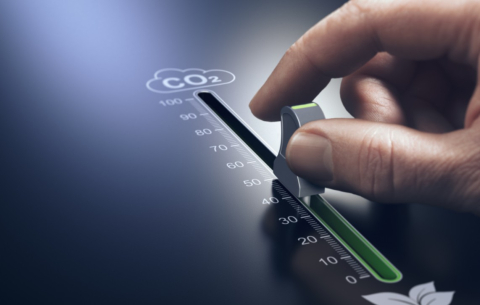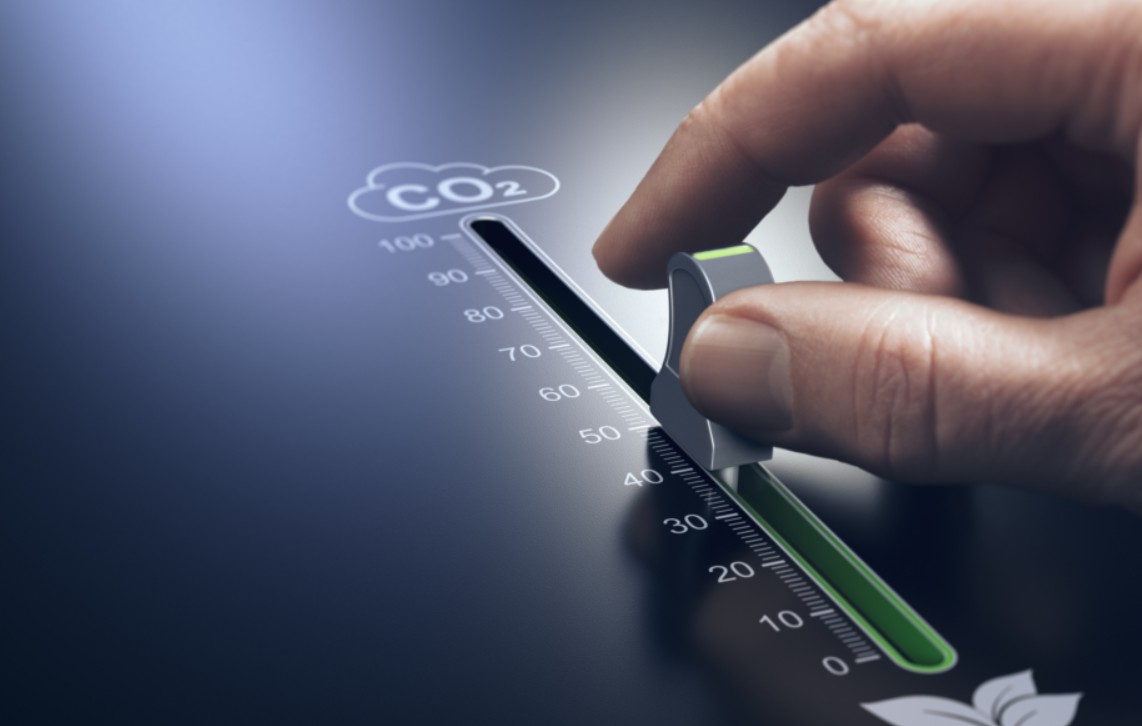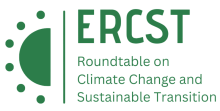Cracking the dilemma of international carbon credits in the EU 2040 target: can EU’s climate action turn geopolitical without losing domestic integrity?

Practical information
Accessibility
Themes and regions
Related centers and programs
This is a private event.
Learn more about our corporate support packages
With COP30 just around the corner, and as the EU is debating its 2035 NDC and 2040 targets, EU faces a key strategic dilemma of whether international carbon credits should be included in its 2040 emissions reduction target and if so, under which conditions?
Some fear that including international carbon credits will undermine EU’s climate leadership and the stability and credibility of the EU ETS, and ultimately reduce the incentives for high quality carbon removals in the EU. Others accuse the EU of reneging on its obligation to reduce domestically its carbon footprint. Yet, others see in this an opportunity for EU to leverage its geoeconomic influence, to push further the clean trade and investment partnerships and the climate diplomacy agenda, to strengthen the UNFCCC process at a time where the US is creating a leadership void, and to transform article 6 into an incentive for investing in CDR technologies over the long term.
This joint Ifri and ERCST roundtable will explore these issues.
Agenda
11:30-11:40: Introduction by Andrei Marcu, Director, ERCST and Marc-Antoine Eyl-Mazzega, Director, Center for Energy and Climate, Ifri
11:40-12:50: Panel discussion
Gerben-Jan Gerbrandy, Member of the European Parliament
Andrei Marcu, Director, ERCST
Chiara Martinelli, Director Climate Action Network Europe
Bilal Hussein, CEO, Artio
Juan Carlos Parreno, Head of Carbon Portfolio, Glencore
Gabrielle Gauthey, CEO representative to the EU institutions, TotalEnergies
Moderation: Diana-Paula Gherasim, Head of European Energy and Climate Policies, Ifri
12:50-13:15: Q&A with the room
This event is accessible on invitation only and will be held in English
Contact
For additional information regading this event, please contact
Alexandra Bor, Center for Energy and Climate assistant: [email protected]
Our partners
Related Subjects
Other events

EV Supply Chains for Japan and Europe: Strengthening Economic Security
Economic security aims to ensure the resilience of supply chains for key industries: the case of electric vehicle production in Japan and Europe will be discussed.






